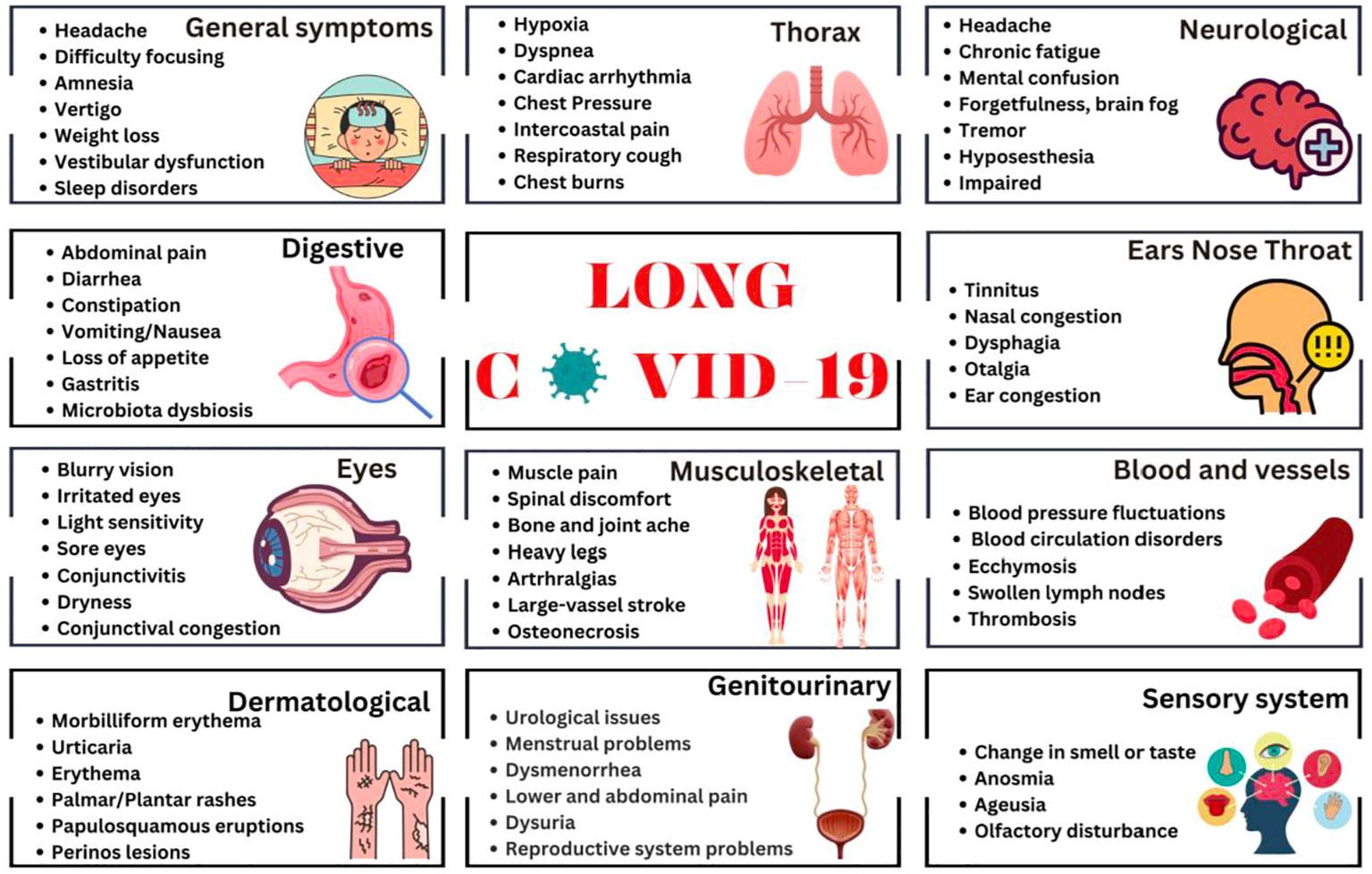COVID Symptoms: Identification and Responses

Introduction
COVID-19, caused by the coronavirus SARS-CoV-2, has led to a global pandemic that has impacted millions of lives. Understanding the symptoms of COVID-19 is crucial for early detection, appropriate isolation, and timely medical attention. As new variants emerge, continuous education on this topic remains vital for public health.
Main Body
Common Symptoms
According to the World Health Organization (WHO), the most common symptoms of COVID-19 include fever, dry cough, and tiredness. Other symptoms that are less frequent but may also occur include aches and pains, nasal congestion, headache, conjunctivitis, sore throat, diarrhoea, loss of taste or smell, a rash on the skin, or discolouration of fingers or toes.
Severity of Symptoms
While many individuals experience mild symptoms, COVID-19 can lead to severe respiratory illness, especially in vulnerable populations such as the elderly and those with underlying health conditions. Difficulty breathing, chest pain, and loss of speech or mobility are critical symptoms that necessitate immediate medical attention.
Variants and Emerging Symptoms
With the emergence of new variants, symptoms may vary. Recent studies indicate that some variants can cause symptoms such as gastrointestinal issues and neurological symptoms. Health agencies continue to monitor these changes to inform the public about any new developments.
Importance of Testing and Vaccination
If you experience any symptoms associated with COVID-19, it is essential to undergo testing and self-isolate until results are available. Vaccination remains one of the most effective methods to reduce severe illness linked to the virus. As of now, booster vaccines are also being promoted to enhance immunity, particularly against new variants.
Conclusion
The symptoms of COVID-19 play a vital role in controlling the spread of the virus. Awareness of these symptoms and understanding when to seek help are important for individual and public health. Continued research and monitoring of COVID variants will inform guidelines and improve responses to outbreaks. As the situation evolves, staying informed and prepared will be crucial for navigating the ongoing challenge of the pandemic.
